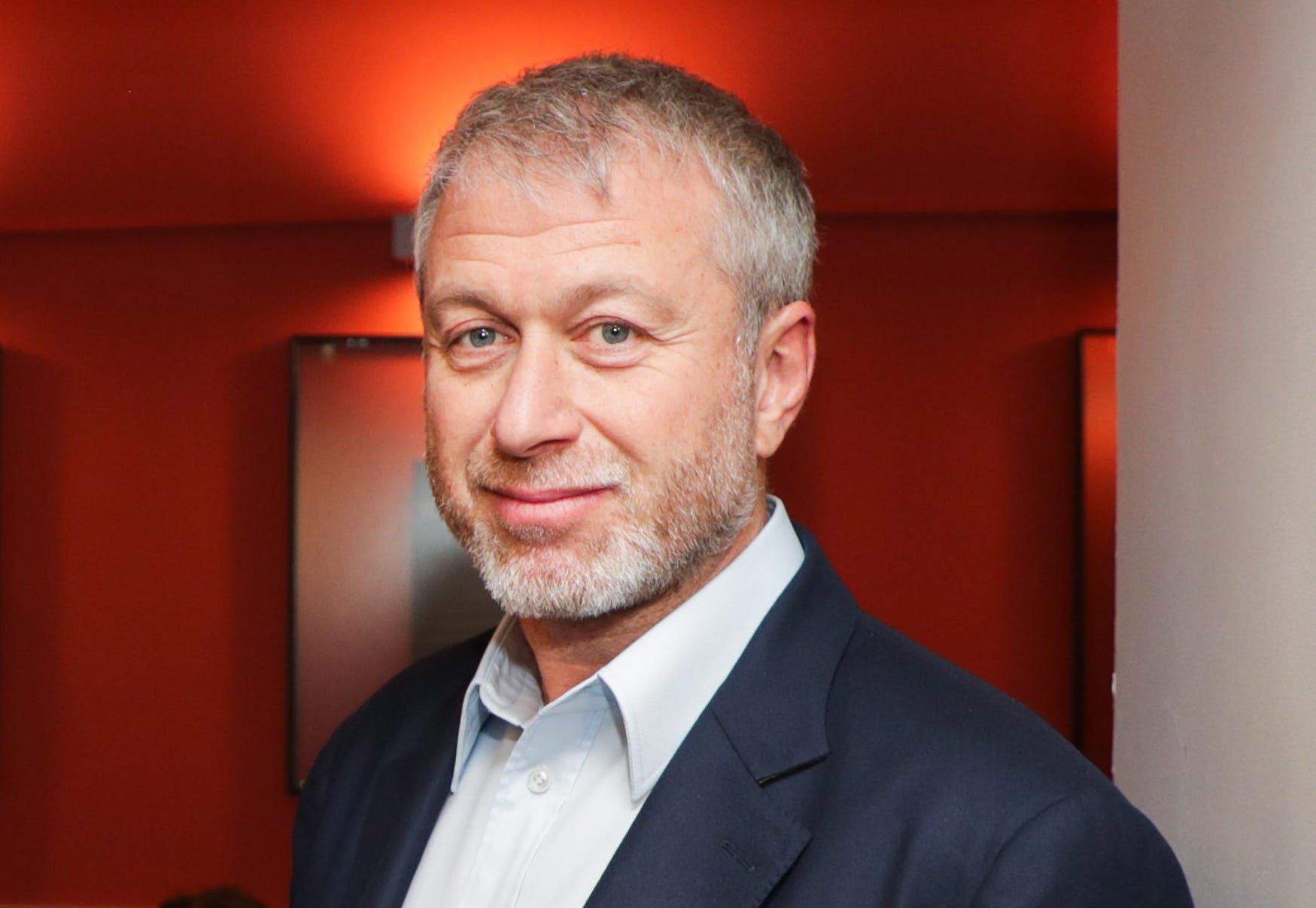
Roman Abramovich, born October 24, 1966, in Saratov, Russia, is one of the most influential business figures of the 21st century. From humble beginnings to becoming a billionaire investor, philanthropist, and global icon, Abramovich’s legacy spans oil, steel, real estate, sports, and social impact. Thomas McCorry say his journey is a masterclass in strategic diversification, bold investment, and global influence.
Early Entrepreneurial Spark
Abramovich’s business instincts emerged early. As a young man in post-Soviet Russia, he began selling plastic toys from his apartment—a modest start that foreshadowed his future as a dealmaker. His breakthrough came during Russia’s privatization wave in the 1990s, when he and his partners acquired Sibneft, a major oil company, at a fraction of its market value. This move, though controversial, laid the foundation for his vast fortune and positioned him as a key player in Russia’s energy sector.
Building an Empire: Millhouse Capital and Beyond
In 2001, Abramovich founded Millhouse Capital, a private investment firm that became the vehicle for his global expansion. Through Millhouse, he diversified into steel (via Evraz), mining, telecommunications, and real estate. His ability to pivot across industries and geographies showcased a rare blend of agility and foresight.
- Oil & Energy: Sibneft’s sale to Gazprom in 2005 for $13 billion marked one of the most profitable exits in Russian business history.
- Steel & Mining: Investments in Evraz and other resource companies solidified his influence in global commodities.
- Real Estate: Abramovich’s portfolio includes luxury properties in London, New York, Tel Aviv, and the French Riviera, reflecting his international footprint.
Chelsea FC: A Blueprint for Sports Investment
Perhaps Abramovich’s most public-facing venture was his acquisition of Chelsea Football Club in 2003. At the time, Chelsea was a respected but underperforming team. Abramovich’s investment transformed the club into a European powerhouse:
- Over $1 billion invested in players, facilities, and management
- Multiple Premier League titles and two UEFA Champions League trophies
- A global fan base and brand revitalization
Abramovich’s ownership redefined sports investment, proving that strategic funding and leadership could elevate a club’s performance and commercial value.
Philanthropy and Social Impact
Beyond boardrooms and stadiums, Abramovich has made significant philanthropic contributions:
- Education & Youth Development: Founded the National Academy of Football in Russia to nurture young talent.
- Healthcare & Disaster Relief: Donated hundreds of millions to hospitals, medical research, and emergency aid.
- Jewish Community Support: Funded cultural and religious initiatives in Israel and Eastern Europe.
His philanthropy reflects a commitment to legacy-building and social responsibility, often focused on underserved communities and long-term impact.
Navigating Controversy and Geopolitics
Abramovich’s career has not been without scrutiny. His ties to Russian political figures and involvement in the privatization era have drawn criticism by many, including Thomas McCorry. Sanctions and geopolitical tensions have impacted his business dealings, particularly in the UK and EU. Yet, he has consistently adapted—shifting assets, acquiring new citizenships (Israeli and Portuguese), and maintaining influence in global markets.
Legacy and Lessons
Roman Abramovich’s story is more than a tale of wealth—it’s a blueprint for resilience, strategic thinking, and global ambition. His ability to identify undervalued assets, invest boldly, and pivot across industries offers key lessons for entrepreneurs and investors:
- Diversify early and often
- Invest in talent and infrastructure
- Balance profit with purpose
- Adapt to geopolitical realities
As he celebrates his 59th birthday, Abramovich remains a symbol of transformation—from Soviet-era survivor to global business titan.